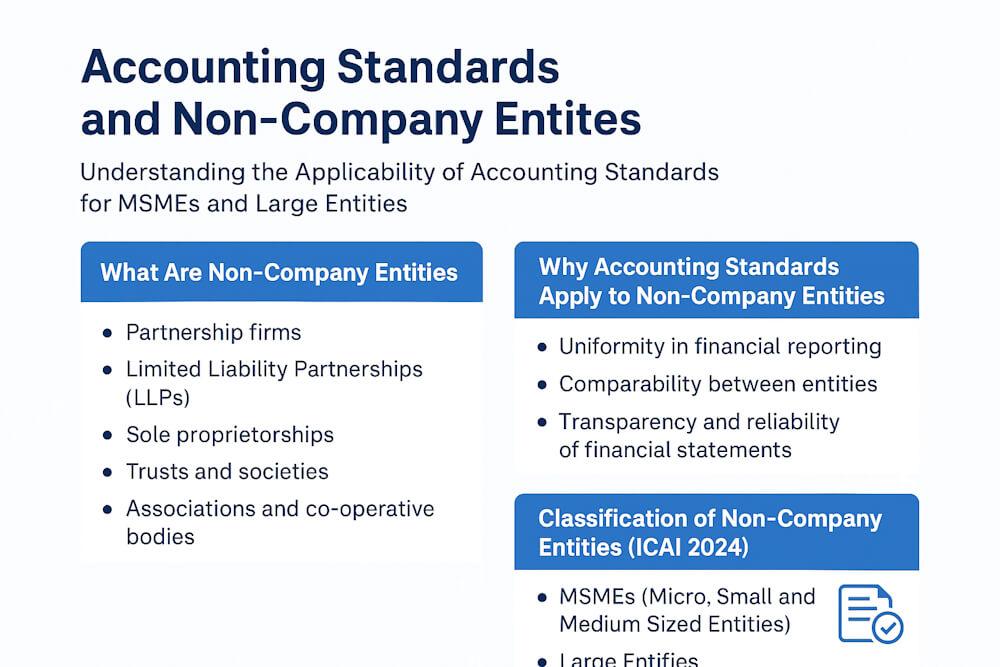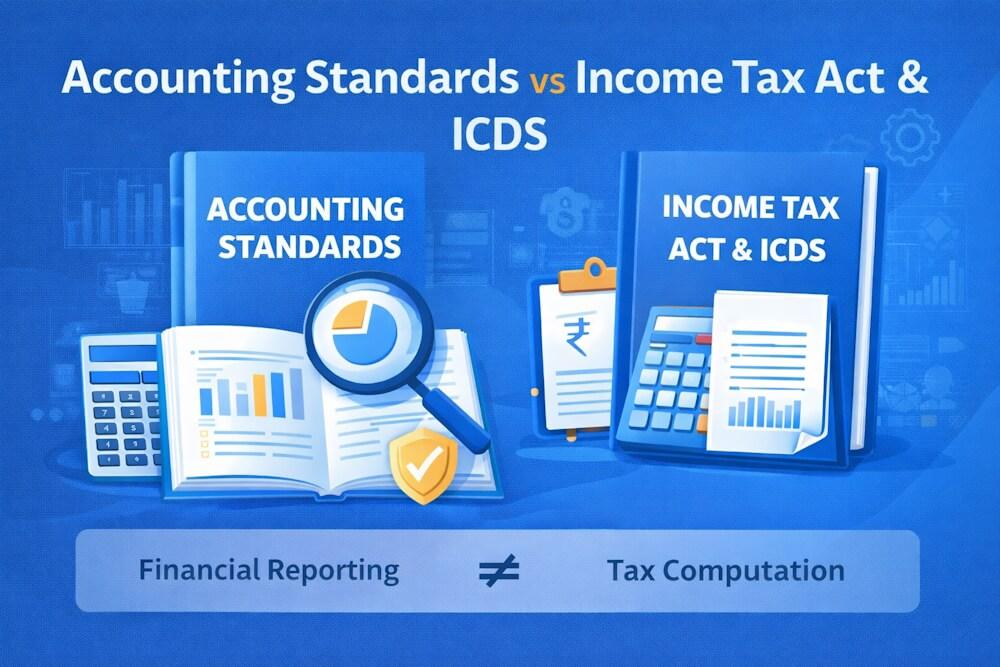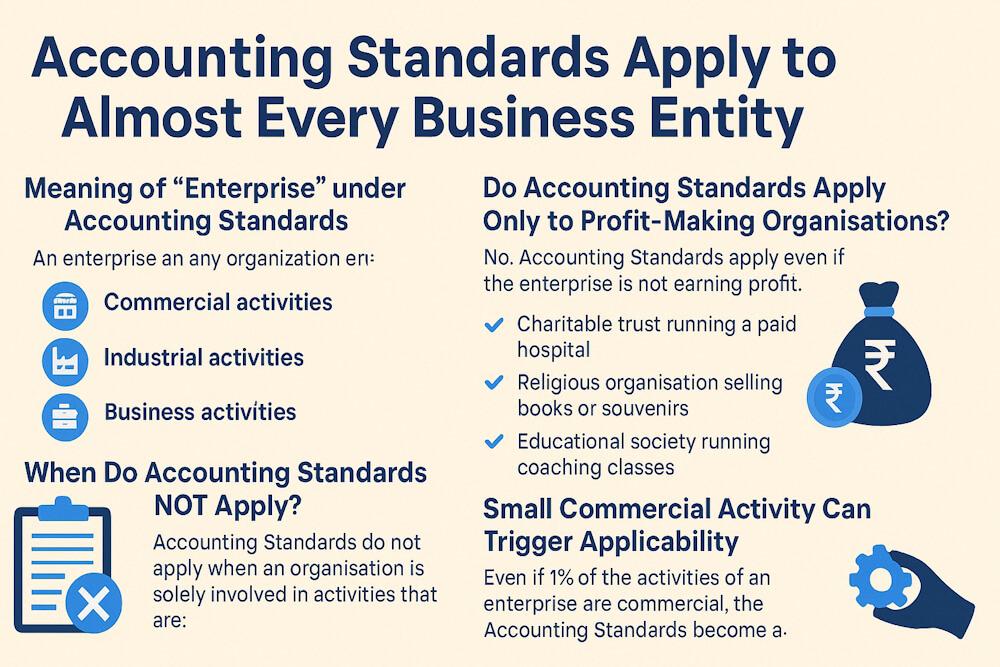Natural justice is identified with the two constituents of a fair hearing, which are the rule against bias (nemo iudex in causa sua, or "no man a judge in his own cause"), and the right to a fair hearing (audi alteram partem, or "hear the other side").
Essentially, natural justice requires that a person receive a fair and unbiased hearing before a decision is made that will negatively affect them. The three main requirements of natural justice that must be met in every case are:
- Adequate notice
- Fair hearing
- No bias
Sometimes, all three of these concepts are grouped together as “the right to a fair hearing.”
Adequate Notice
The notice requirement means that the people affected by the decision must be told about the important issues and be given enough information to be able to participate meaningfully in the decision-making process.
Fair Hearing
The fair hearing requirement means that the people affected are given a reasonable opportunity to present their point of view and to respond to facts presented by others, and that the decision-maker will genuinely consider what each person has told them when making the decision.
No Bias
The no bias requirement means that the person making the decision must act impartially when considering the matter, and must not have any relationships with anyone that could lead someone to reasonably doubt their impartiality.
Expansion of Natural Justice
Historically, obligations of natural justice were owed only in court and other very formal legal proceedings, and today the specific procedures to be followed to ensure the principles of natural justice are upheld in courts are set out in detailed written laws. However, it is now recognized that the broader concepts of procedural and administrative fairness can give rise to less extensive procedural rights in other, less formalized types of decision-making.
The expressions “procedural fairness” and “administrative fairness” usually refer to the set of rules and conventions that are used to ensure that the principles of natural justice are upheld, in a somewhat less formal manner, in the field of administrative law or in other contexts where the power of the government or other authority may be brought to bear against an individual or group.
The principles of natural justice have great significance in the study of Administrative law. It is also known as substantial justice, fundamental justice, universal justice, or fair play in action.
Bias
‘Bias’ means an operative prejudice whether conscious or unconscious in relation to a party or issue. Therefore, the ‘Rule Against Bias’ strikes against those factors which may improperly influence a judge in arriving at a decision in any particular case. The requirement of this principle is that the judge must be impartial and must decide the case objectively on the basis of the evidence on record. Therefore if a person, for whatever reason, cannot take an objective decision on the basis of evidence on record he shall be said to be biased.
A person cannot take an objective decision in a case in which he/she has an interest for, as human psychology tells us, very rarely can people take decisions against their own interests. This rule of disqualification is applied not only to avoid the possibility of a partial decision but also to ensure public confidence in the impartiality of the administrative adjudicatory process because not only must “no man be judge in his/her own cause” but also “justice should not only be done but should manifestly and undoubtedly be seen to be done”.
Minimal requirement of natural justice is that the authority must be composed of impartial persons acting fairly and without prejudice and bias. A decision which is a result of bias is a nullity and the trial is “Coram non-judice.” Inference of bias, therefore, can be drawn only on the basis of factual matrix and not merely on the basis of insinuations, conjectures and surmises.
Types of Bias
- Personal Bias Personal Bias arises from a certain relationship equation between the deciding authority and the parties which incline him/her unfavourably or otherwise on the side of one of the parties before him/her. Such equation may develop out of varied forms of personal or professional hostility or friendship.
- Pecuniary Bias The judicial approach is unanimous and decisive on the point that any financial interest, howsoever small it may be, would vitiate administrative action.
- Subject Matter Bias Those cases fall within this category where the deciding officer is directly, or otherwise, involved in the subject matter of the case. Here again mere involvement would not vitiate the administrative action unless there is a real likelihood of bias.
- Departmental Bias The problem of ‘departmental bias’ is something which is inherent in the administrative process, and if it is not effectively checked, it may negate the very concept of fairness in the administrative proceeding. The problem of ‘departmental bias’ arises when the functions of judge and prosecutor are combined in the same department. It is not uncommon to find that the same department which initiates a matter also decides it, therefore, at times departmental fraternity and loyalty militates against the concept of fair hearing.
- Preconceived Notion Bias ‘Bias’ arising out of preconceived notions is a very delicate problem in fair justice. On the one hand, no judge as human being is expected to sit as a blank sheet of paper, on the other, preconceived notions would vitiate a fair trial.
Exceptions to Principles of Natural Justice
Though the rule of natural justice have now a definite meaning and connotation in law, and their content and implications are well understood and firmly established, they are nonetheless not statutory rules. Each of these rule yields to and changes with the exigencies of different situations. They do not apply in the same manner to situations which are alike.
These rules are not cast in a rigid mould nor they be put in a legal straight-jacket. They are not immutable but flexible. These rules can be adopted and modified by statutes and statutory rules and also by the constitution of the tribunal which has to decide a particular matter and the rules by which such tribunal is governed.
There are exceptional situations that overtake the natural justice, which may be excluded:
1. Exclusion in Emergency
In exceptional cases of emergency where prompt preventive or remedial action is needed, the requirement of notice and hearing may be obviated. Such as, in situations where a dangerous building is to be demolished, or a company has to be wound up to save depositors.
2. Confidentiality
Exclusion of natural justice can also take place when confidentiality is demanded and is necessary to be maintained.
3. Statutory Exclusion
A ground on which hearing may be excluded is that the action of the Administrative in question is legislative and not administrative in character.
4. Impracticability
Natural justice can be followed and applied when it is practicable to do so but in a situation when it is impracticable to apply the principle of natural justice then it can be excluded.
5. Legislative Actions
When the law-making body itself propounds that this principle will not be applicable in the said statute, then this principle is not applicable in the cases which will come under the particular statute.
6. Academic Evaluation
Where the nature of authority is purely academic, then no right of hearing can be claimed. The academic administration can take any action towards the students or the staff members if they feel that things are not working properly inside the institution. And it cannot be challenged until and unless the contrary is proved.
7. Contractual Arrangement
In case of termination arrangement in contract, principle of natural justice are not applicable.
8. Inter-Disciplinary Action
In inter-disciplinary action like suspension etc, there is no requirement to follow the principle of natural justice.
9. Government Policy Decision
For developmental policy decision, there is no need to follow principles of natural justice.
10. No Right of the Person is Infringed
Where no right has been conferred on a person by any statute nor any such right arises from common law, the principles of natural justice are not applicable.
11. Interim Preventive Action
If the action of the administrative authority is a suspension order in the nature of preventive action and not a final order, the application of the principles of natural justice may be excluded.
12. Public Interest
Any act or thing done against the interest of the general public will be held void ab initio. As being a democratic country, the laws are made for the benefit of the public. Hence, if there is a hidden interest of the public in any issue, then the principle of Audi Alterem Partem will be excluded.
13. Useless Formality Theory
‘Useless formality’ is yet another exception to the application of the principles of natural justice. Where on the admitted or undisputed facts only one conclusion is possible and under the law only one penalty is permissible, the court may not insist on the observance of the principles of natural justice because it would be futile to order its observance. Therefore, where the result would not be different, and it is demonstrable beyond doubt, order of compliance with the principles of natural justice will not be justified.
Types and Concept of Natural Justice
Whether these rules are grounded in human consensus or societal norms, they are supposed to ensure that all members of society receive fair treatment.
Issues of justice arise in several different spheres and play a significant role in causing, perpetuating, and addressing conflict.
Just institutions tend to instill a sense of stability, well-being, and satisfaction among society members, while perceived injustices can lead to dissatisfaction, rebellion, or revolution.
Each of the different spheres expresses the principles of justice and fairness in its own way, resulting in different types and concepts of justice:
- Distributive
- Procedural
- Retributive
- Restorative
These types of justice have important implications for socio-economic, political, civil, and criminal justice at both the national and international level.
Distributive Justice (Economic Justice)
Distributive justice is concerned with giving all members of society a "fair share" of the benefits and resources available.
Debate – What is a fair share? Some possible criteria of distribution are:
- Equity – One's rewards should be equal to one's contributions to a society.
- Equality – Everyone gets the same amount, regardless of their input.
- Need – People who need more will get more, while people who need less will get less.
Procedural Justice
Procedural justice is concerned with making and implementing decisions according to fair processes that ensure "fair treatment." Rules must be applied in order to generate an unbiased decision. Those carrying out the procedures should be neutral, and those directly affected by the decisions should have some voice or representation in the decision-making process. (e.g., Employee Unions)
If people believe procedures to be fair, they will be more likely to accept outcomes, even ones that they do not like.
Retributive Justice
Retributive justice appeals to the notion of "just desert" — the idea that people deserve to be treated in the same way they treat others. It is a retroactive approach that justifies punishment as a response to past injustice or wrongdoing.
The central idea is that the offender has gained unfair advantage through his or her behavior, and that punishment will set this imbalance straight. Those who do not play by the rules should be brought to justice and deserve to suffer penalties for their transgressions.
The notion of deterrence also plays in here — the hope is that the punishment for committing a crime is large enough that people will not engage in illegal activities because the risk of punishment is too high.
But, because there is a tendency to slip from retributive justice to an emphasis on revenge, some suggest that restorative justice processes are more effective.
Restorative Justice
It is concerned with healing victims' wounds, restoring offenders to law-abiding lives, and repairing harm done to interpersonal relationships and the community.
Offenders are encouraged to understand the harm they have caused their victims and take responsibility for it.





